The evolution of the term "mhmd": supplementary material from Ohlig & @IslamCritiqued
Mahamadim is plural? But there is only one Messiah!It is very common for semitic languages to have plurals used in a singular sense and any other of a number of nuances. So many translations choose a singular translation for "house" in Song 1:17, even though it's plural in Hebrew. "All night long" from Song 3:1 (NIV) is translating the hebrew plural "nights." The word translated "garden" (ESV) in Song 4:15 is actually plural. And the plurals in 5:16 are taken intensively. "His mouth is most sweet," there's no "most" in Hebrew. It's a plural usage that signifies intensification. Plurals that intensify the base word stem are especially common in Hebrew poetry like the Song. As an example from elsewhere, see the "greatness of his might" (Isaiah 40:26). As I'm sure you've guessed by now "might" is actually plural, but referring to a singular subject for the same reason as Song 5:16—intensification.
Karl-Heinz Ohlig suggests mhmd might go further back in time to a loanword from Ugaritic, meaning “desirable, precious.” It is linked to the concept of "chosen people" and the "chosen one". This translates in Greek as Eklektos. Mubarak is related to it as the "blessed one." The term "muhammad Jesus" was current, probably as late as 750 Ad, according to Ohlig.
“AG 971 [660] many Arabs gathered at Jerusalem and made Mu'awiya king and he went up and sat down on Golgotha; he prayed there and went to Gethsemane and went down to the tomb of the blessed Mary to pray in it.”
“He placed his throne in Damascus and refused to go to Mhmd's throne”.
Under the terms of the old covenant, the “mercy seat” was the top of the ark of the covenant, representing the place where the invisible God sat, to dispense mercy to his sinful people. Only the high priest could enter the Most Holy Place and approach the mercy seat, and only once a year, to make atonement, by God’s decree, for himself and for the sins of the people. On the cross at Golgotha, Jesus made atonement as the "High Priest" for the sins of many. It was thus figuratively the mercy seat. The Mercy seat is his throne, therefore, Golgotha is Mhmd's throne. Hence, mhmd's throne was probably Golgotha or Jerusalem, therefore, Mu'awiya simply chose to rule from Damascus rather than Jerusalem.
-
 17:07
17:07
Howard George Stirrup
1 year agoQuestioning the Quran on DawahWise LIVE Q&A
4376 -
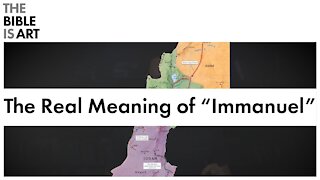 8:23
8:23
thebibleisart
2 years ago $0.01 earnedThe Misunderstood "Immanuel" in Matthew
252 -
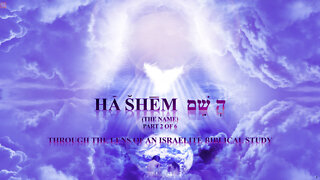 46:03
46:03
evolsdoom
1 year agoSection 2: Ha Shem Part 2 of 6
6 -
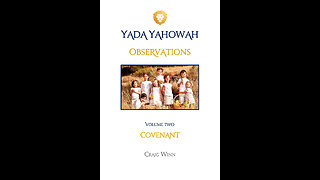 2:08:27
2:08:27
Stevens
3 months agoYYV2C9 Yada Yahowah Observations Covenant Instructive Conditions The Terms of the Covenant…
19 -
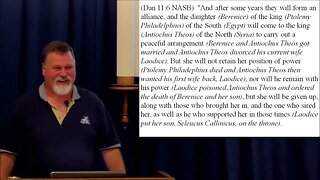 56:10
56:10
Paul's Letter to the Romans
9 months agoDan 11 pt. 1 The "little horn" of Antiochus Epiphanes is Muhammad & his barbaric religion of Islam.
101 -
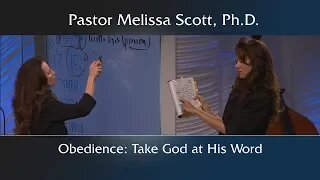 58:12
58:12
Pastor Melissa Scott, Ph.D.
2 years agoExodus 17 & Numbers 20 Obedience: Take God at His Word - Sanctification #10
334 -
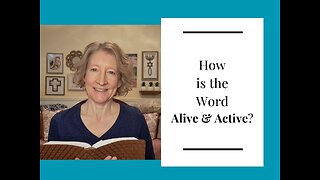 3:51
3:51
Daily God Gems
2 months agoHow is the Word "Alive & Active"?
19 -
 1:35:52
1:35:52
BeSoRaHofTrUtH7
6 months agoYAHUAH'S QUICKENED RESISITANCE REMANANT
64 -
 17:34
17:34
AsTheChaosDies
8 months agoYahweh & El Elyon
373 -
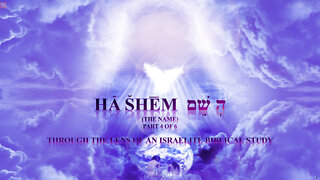 55:13
55:13
evolsdoom
1 year agoSection 2: Ha Shem Part 4 of 6
8